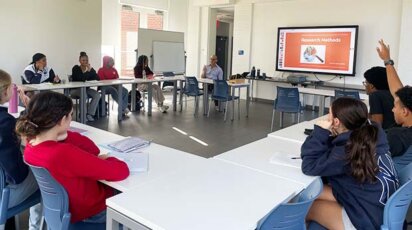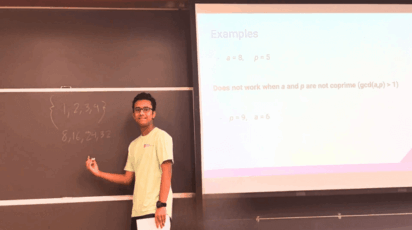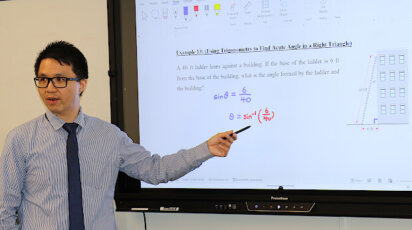News
Juliet Moretti Selected for National AI Innovation Fellowship
“I want Poly students to be empowered to use artificial intelligence (AI) as an educational tool—not to replace their thinking and learning, but to assist, push, expand, and transform it. AI is incredibly helpful for individualized instruction, generating practice tests, and providing feedback. But it’s not perfect. We need to help students understand the difference between appropriate and inappropriate use—seeing AI as a guide and catalyst, not an intellectual thief.” – Director of Student Support Juliet Moretti
Funded by Google, ISTE+ASCD’s GenerationAI Fellowship
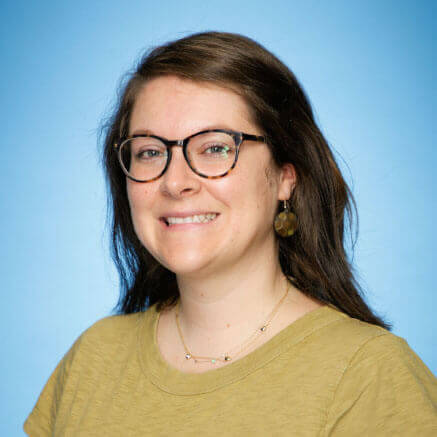
Chosen from hundreds of applicants nationwide, Director of Student Support Juliet Moretti has been selected to join GenerationAI, a groundbreaking initiative led by ISTE+ASCD to responsibly advance artificial intelligence education in K-12 schools across the United States. This innovative 15-month program, made possible through a $10 million investment from Google, brings together a diverse cohort of education leaders from 38 states and equips them with the skills and knowledge needed to integrate AI technology effectively and responsibly in educational settings. ISTE provides fellowship recipients with invaluable access to the extensive resources of both ISTE and ASCD—including some of the field’s most brilliant researchers and leading pioneers in education and educational technology. As the gold standard for educational technology use and adoption in classrooms, ISTE offers trusted guidance, innovation, and expertise that empowers educators to lead with confidence and vision.
The fellowship began with a four-day intensive at Google Headquarters in Chicago, launching participants into an immersive exploration of AI in education. Over the course of the fellowship, cohort members engage in monthly virtual collaboration sessions, design and implement AI-driven solutions to specific educational challenges, conduct action research to evaluate implementation strategies, develop resources and best practices to share with the broader education community, and collaborate with experts and researchers to ensure measurable impact on student learning.
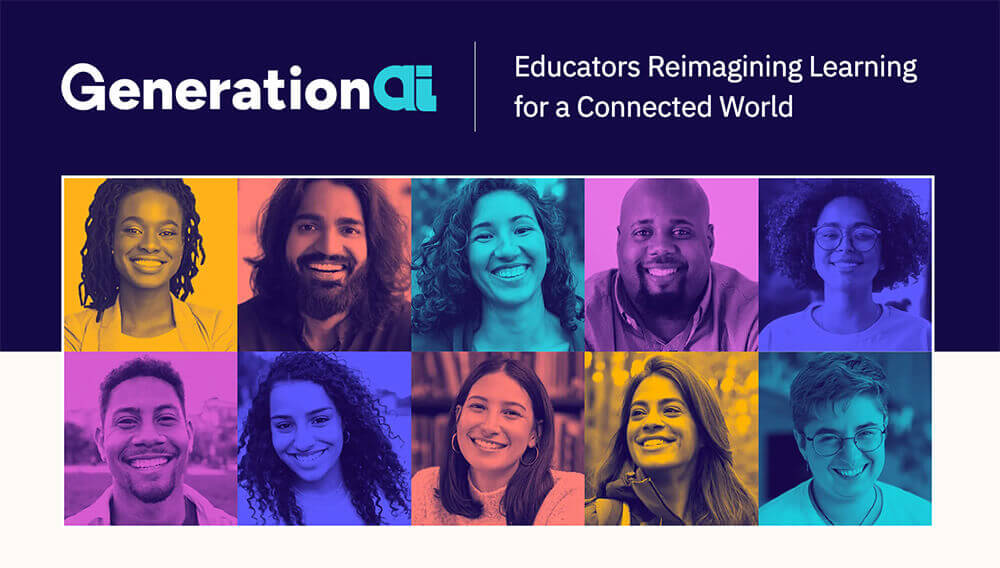
“I’m grateful to Juliet for her leadership in applying for and receiving this fellowship and to the faculty who have joined her in work to promote AI literacy and ethical use among our students,” said Assistant Head of School, Academics Michal Hershkovitz. “Since ChatGPT arrived on the educational scene in 2022, we have engaged faculty in learning about AI and worked with a Student Government AI Advisory Committee to study its use by students. Workshops led by [Mathematics faculty] Dr. Stephen Bates over the course of the past few years have considerably increased our understanding of and progress toward productive AI use. Juliet’s fellowship and her partnership with Steve in leading this exciting next step promise to move our work forward considerably.”
Bates and Moretti Spearhead New AI Action Research Group at Poly
A new committee of nine Poly community members from across departments and divisions has come together to form an AI Action Research Group. As a core pillar of the fellowship, the group is empowered through Moretti’s leadership to engage in action-oriented research that reflects the specific needs of our school community—learning to be responsive to diverse needs and flexible by design. In its early stages, with initial meetings held this spring, the group is focused on long-term goals: creating helpful resources for teachers, students, families, and the broader Poly community to embrace the opportunities of AI while mitigating potential risks. Central to their work is developing a comprehensive approach to AI use at Poly, which begins with a deeper understanding of current practices and the evolving climate around AI.
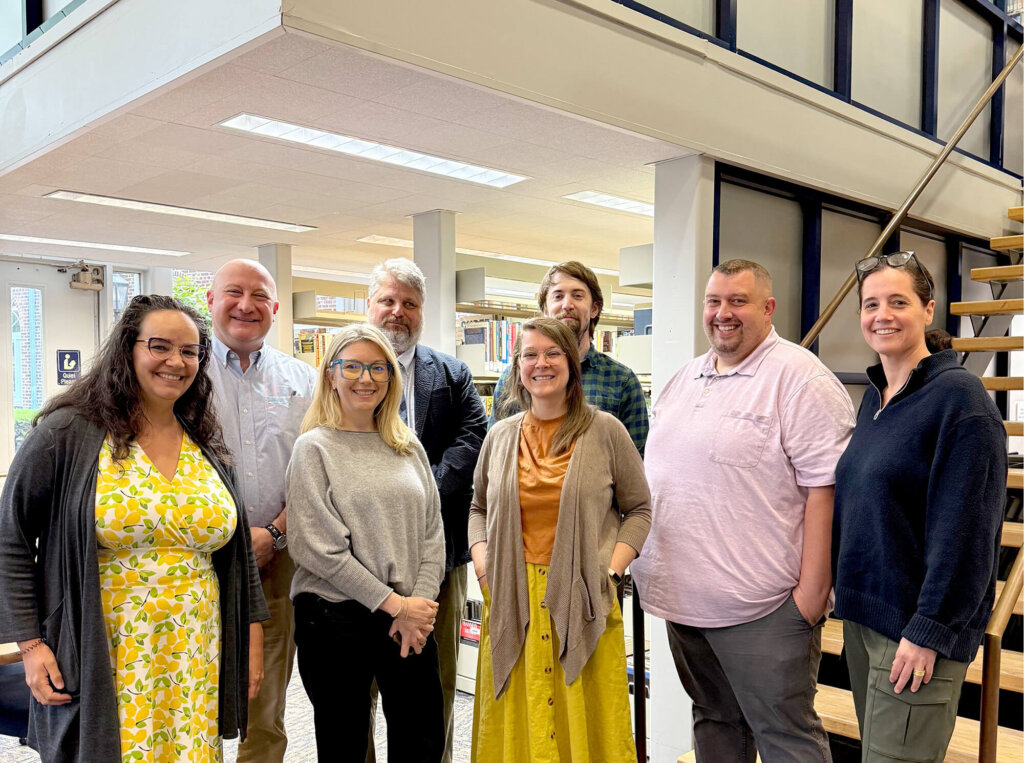
“The AI Action Research Group is currently focused on two key areas: surveying different groups about AI usage and researching existing policies and procedures at other schools,” Bates shares. “Juliet’s participation in the ISTE fellowship is incredibly valuable for Poly, providing access to a wide network of resources and professionals navigating the evolving role of AI in education. I’ve also applied for a scholarship to take a 15-hour Generation AI course this summer and am awaiting the results. The fact that Poly has dedicated resources to support this group speaks volumes about the importance of our work. AI isn’t going away—it’s becoming more powerful every day. As a school, we have a responsibility to educate our entire community—students, faculty, and families—on how to use AI responsibly and ethically to enhance learning. This committee is just the beginning.”

